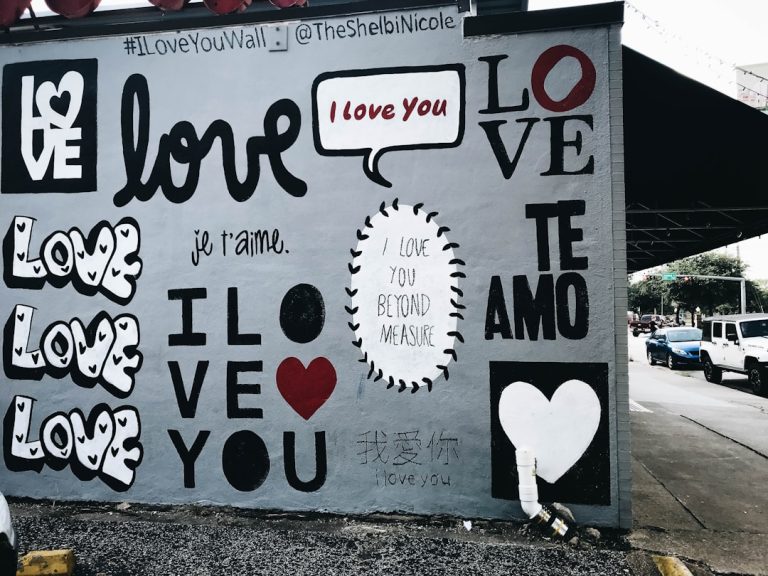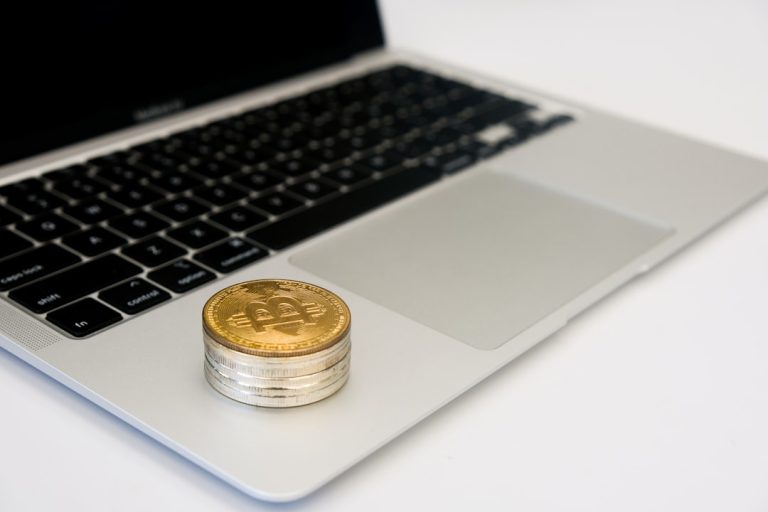Vocabulary and Definitions
Politics: The activities, actions, and policies that are used to gain and hold power in a government or to influence the government.
Democracy: A system of government where the citizens exercise power by voting.
Legislation: Laws that are made by a government.
Citizen: A person who is a legal member of a country with rights and responsibilities.
Election: A process where people vote to choose someone for a particular position.
Political Party: An organized group of people who have the same ideas about how a country should be governed.
Campaign: Organized actions that a group undertakes to promote a specific political cause.
Candidate: A person who is selected to run for election.
Veto: The right to reject a decision or proposal made by a law-making body.
Lobbyist: A person who tries to influence decisions made by government officials on behalf of a particular cause or organization.
Bipartisan: Involving the agreement or cooperation of two political parties that usually oppose each other’s policies.
Constituency: The residents in an area who are represented by a particular politician.
Policy: A plan or course of action chosen by a government to guide decision-making.
Political Spectrum: The range of political ideas and beliefs from left (liberal) to center to right (conservative).
Propaganda: Information spread to promote a particular point of view, often using biased or misleading information.



